Diving with sharks didn’t worry Kelly-Jane Cotter, but breathing under water did! Take a journey under water at the Long Island Aquarium with this intrepid reporter. Asbury Park Press
CONNECTCOMMENTEMAILMORE
Last year was another low year for shark attacks on people worldwide, with 64 confirmed unprovoked bites, nearly 20 fewer than long-term trends.
Two of the bites were fatal, which is also lower than the annual average.
The U.S. led all countries with 41 attacks, which is consistent with long-term trends. The next closest country was Australia, where 11 people were confirmed bitten by sharks.
Geographically, Florida has led the world in the number of shark attacks for decades, and that didn’t change last year. Florida witnessed 21 unprovoked bites in 2019, which was 16 more than it had in 2018 and accounted for a third of the global total.
[ The trusted place to find the best home service providers. Find local pros. ]
The data comes from the Florida Museum of Natural History’s International Shark Attack File, which recently released its summary of 2019 shark attacks.
According to the museum, the total number of unprovoked shark attacks worldwide is extremely low, given the number of people participating in aquatic recreation each year.
Watch Asbury Park Press reporter Kelly-Jane Carter dive with sharks at a Long Island aquarium in the above video.
Locally, the museum didn’t confirm any shark attacks in New Jersey last year.
However, there was one questionable encounter in the water last year at the Jersey Shore that was not included in the museum’s count.
The Princeton-based Shark Research Institute reported an incident in Ship Bottom last May that it considered a “probable” shark attack but couldn’t confirm it.
‘I saw the fin’: Did shark ram man off bodyboard at LBI beach?
That incident involved Little Egg Harbor resident Paul Sykes, who was knocked t3 feet off his bodyboard on May 20. Sykes said he “saw a fin,” in the water but couldn’t tell for sure what hit him. He reported no witnesses.
What the numbers mean
The 64 unprovoked shark attacks are more than the 62 bites in 2018 but overall it’s 22% lower than the recent five-year average of 82 incidents a year.
The 41 attacks in the U.S. were more than the 32 confirmed last year but significantly lower than the nation’s five-year average of 61 bites annually.
No more namesake: Mako Mania to no longer allow mako sharks in contest
While the number of shark attacks can vary from year to year, Gavin Naylor, director of the Florida Museum of Natural History’s shark research program, said the recent decline may reflect changes in the migration patterns of blacktip sharks, the species most often implicated in Florida bites.
“We’ve had back-to-back years with unusual decreases in shark attacks, and we know that people aren’t spending less time in the water,” Naylor said. “This suggests sharks aren’t frequenting the same places they have in the past. But it’s too early to say this is the new normal.”
Shark attacks in the U.S.
Florida saw the most shark attacks with 21.
Hawaii was second and saw a small spike in attacks, with nine in 2019 compared with three the previous year. California and North Carolina had three shark attacks each. Single bites occurred in Georgia, Oregon, Rhode Island, South Carolina and the Virgin Islands.
[ If you like our coverage of marine life, please consider a digital subscription to APP.com today. While you’re at it download our mobile app today. ]
Massachusetts, where two great white sharks attacked in 2018 with one fatality, had no incidents in 2019. New York, where two bites occurred within minutes of one another in 2018, also had no attacks.
International trends
South Africa was once a hot spot for shark attacks, but that may be changing. Last year there was only one unprovoked attack.
“The news coming out of South Africa is that they’re not seeing as many sharks,” said Tyler Bowling, manager of the International Shark Attack File. “White sharks have been moving out of some areas as pods of orcas move in, and there are reports that sharks are disappearing along the whole Cape.”
Surprise!: Huge great white shark surprises stunned NJ fishermen
After the U.S. and Australia, the Bahamas’s two shark attacks were the third-most.
Single bites occurred in the Canary Islands, the Caribbean Islands, Cuba, French Polynesia, Guam, Israel, Mexico, New Caledonia and South Africa.
Fatal attacks
There were two unprovoked shark attack fatalities in the world last year, which is below the average of four per year.
One occurred in France’s Réunion Island in the Indian Ocean. The island is known for the frequency of sharks. A 28-year-old man was killed while surfing on a restricted beach in May.
The other fatality happened in the Bahamas where a 21-year-old California woman was bitten by a shark while snorkeling.
1916 shark attacks: The day the terror began
At least one other person was killed by a shark attack in 2019 but it was considered a provoked incident since the victim was in the water fishing. That incident was also at Réunion Island.
The Florida Museum of Natural History considers an unprovoked attack as an attack on a human in the shark’s natural habitat with no human provocation of the shark.
A provoked attack is one when a human initiates interaction with a shark in some way, such as when divers are bitten after harassing or trying to touch sharks, attacks on spearfishers, attacks on people attempting to feed sharks and bites occurring while unhooking or removing a shark from a fishing net.
When sharks bite
Most unprovoked attacks occurred when people were surfing or bodyboarding, which accounted for 53% of incidents. That was followed by swimming, 25%;, diving, 11%; body surfing, 8%; and SCUBA diving, 3%.
When Jersey Shore native Dan Radel is not reporting the news, you can find him in a college classroom where he is a history professor. Reach him @danielradelapp; 732-643-4072; dradel@gannettnj.com.
CONNECTCOMMENTEMAILMORE
Read or Share this story: https://www.app.com/story/news/local/animals/2020/01/22/shark-attacks-worldwide-top-places-international-shark-attack-file/4529722002/


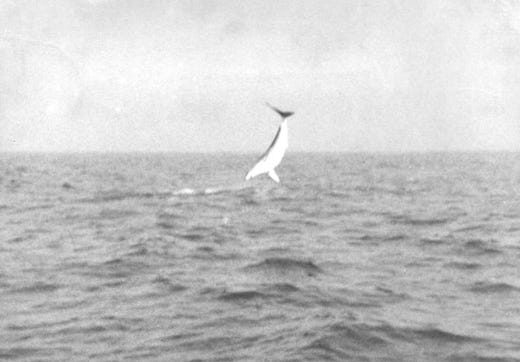

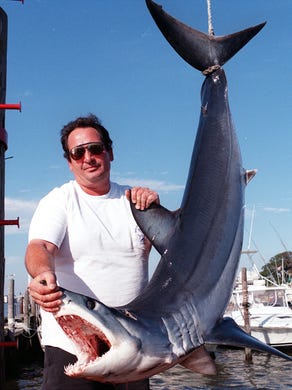
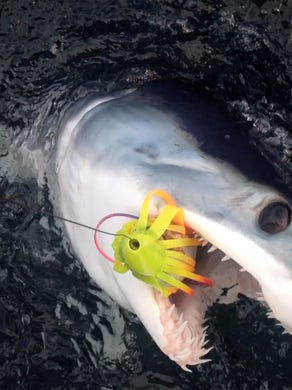
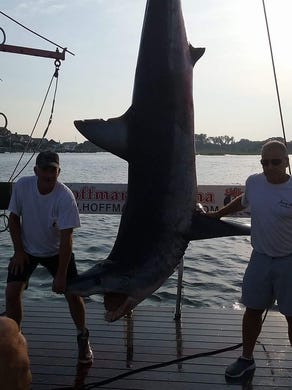
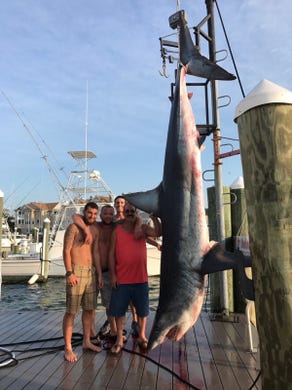
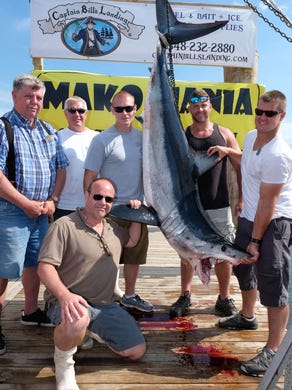
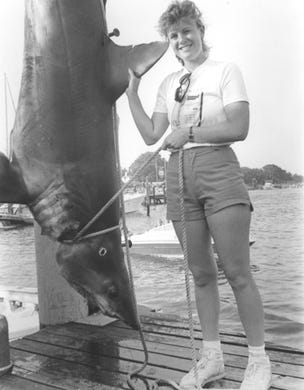
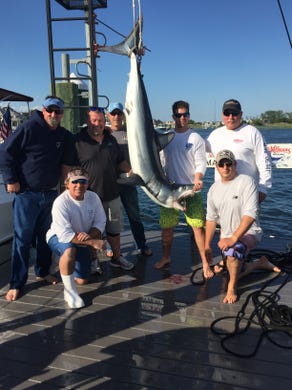
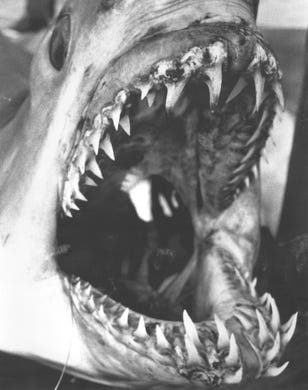
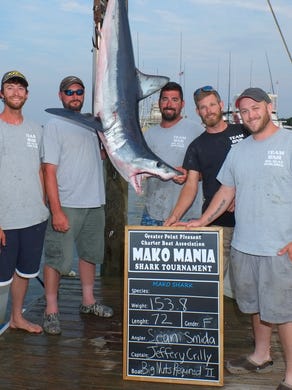
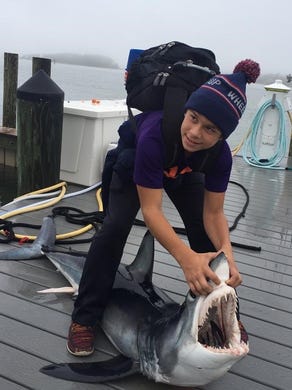
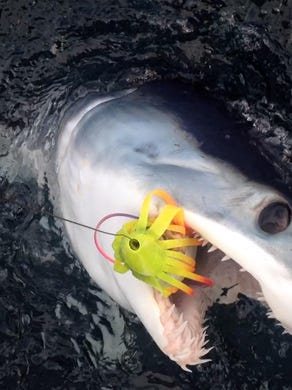
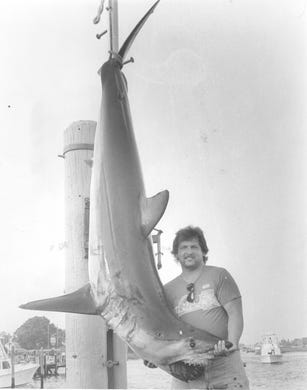
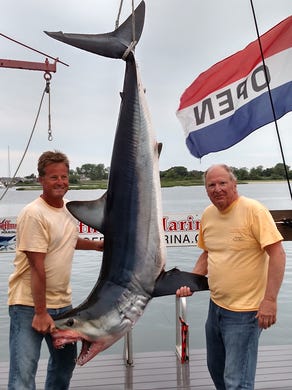
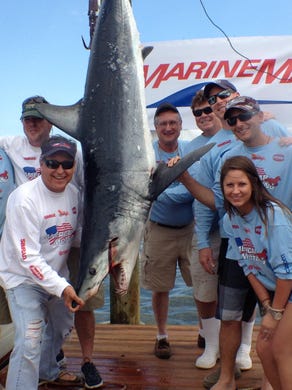
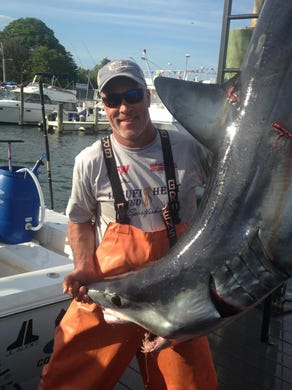
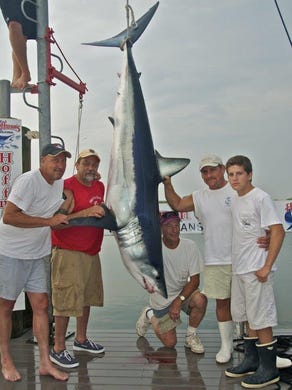
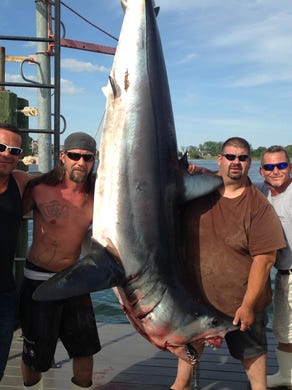
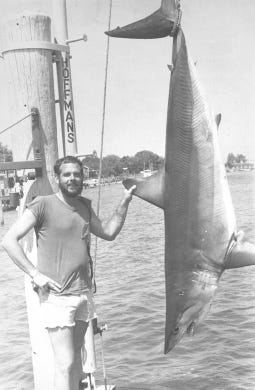
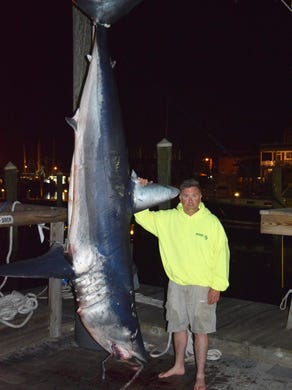
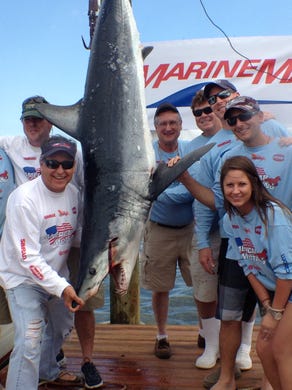
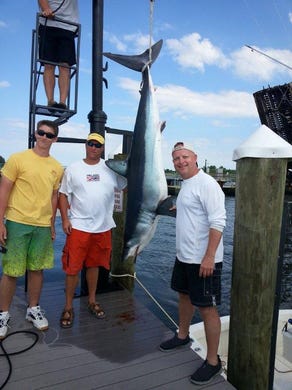
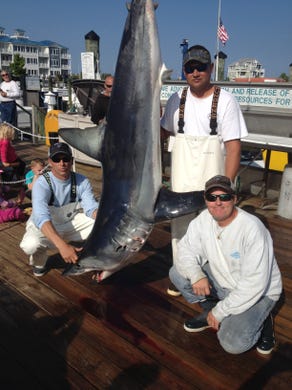
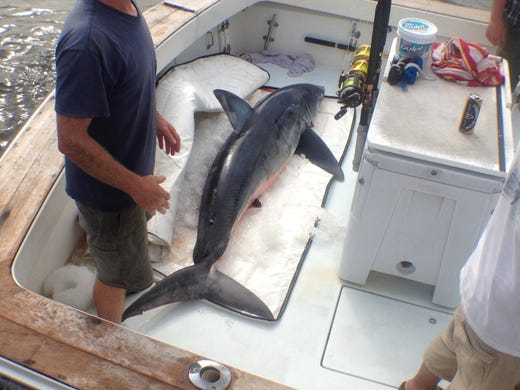
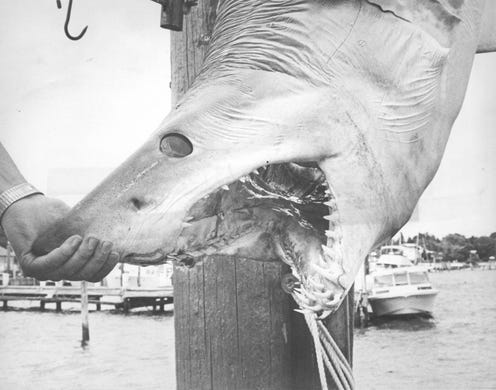
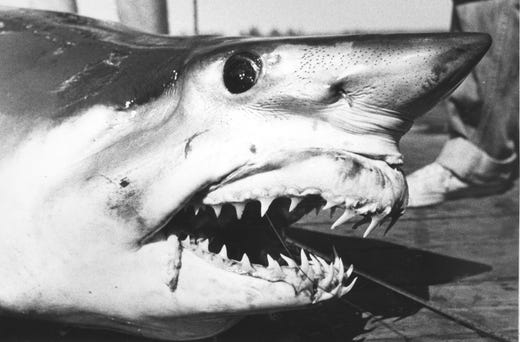
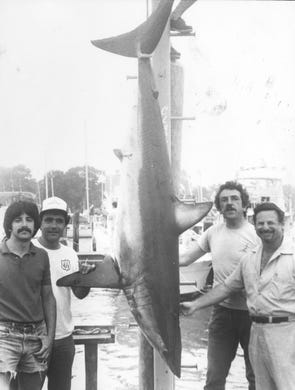

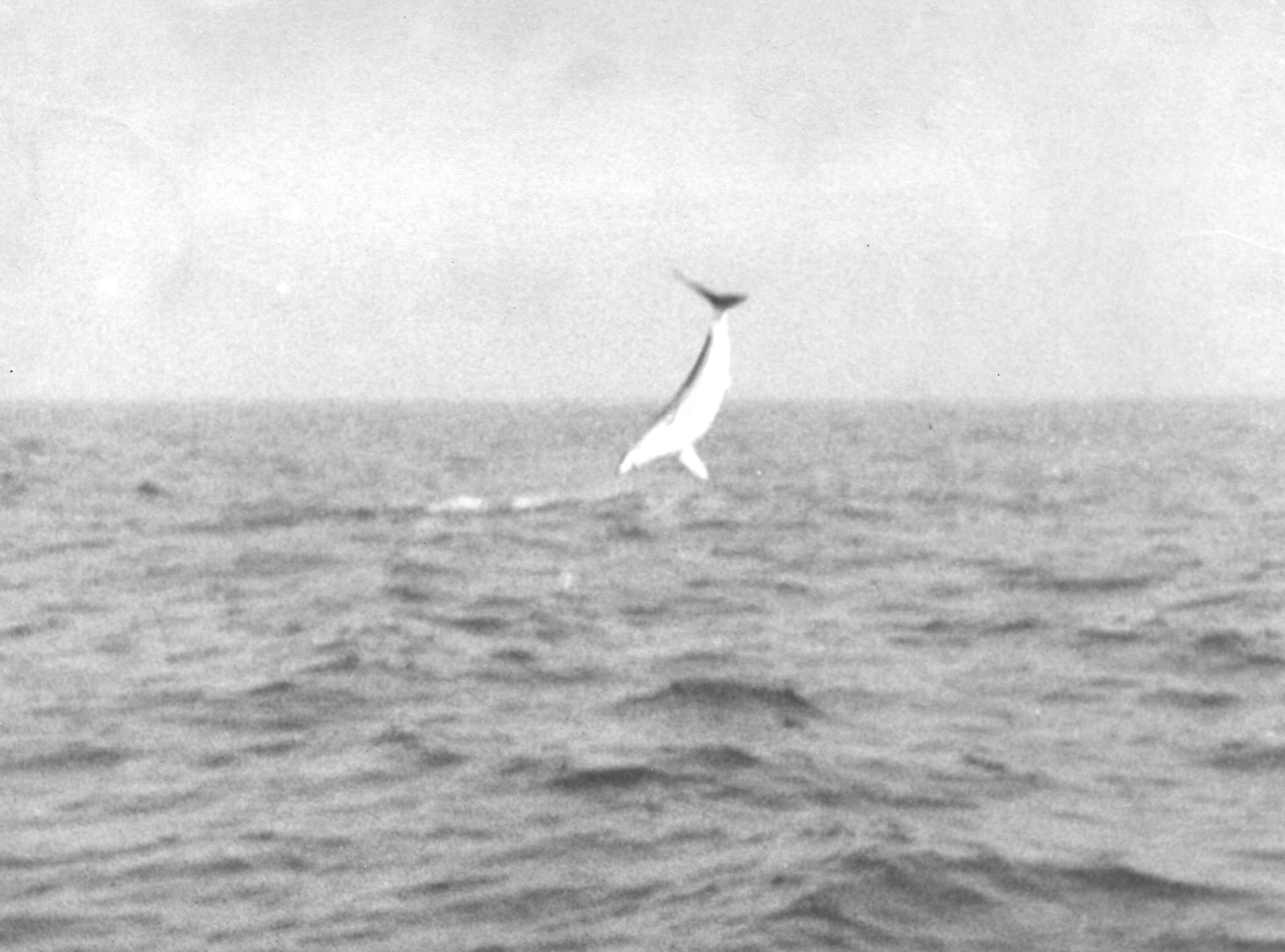 1 of 29
1 of 29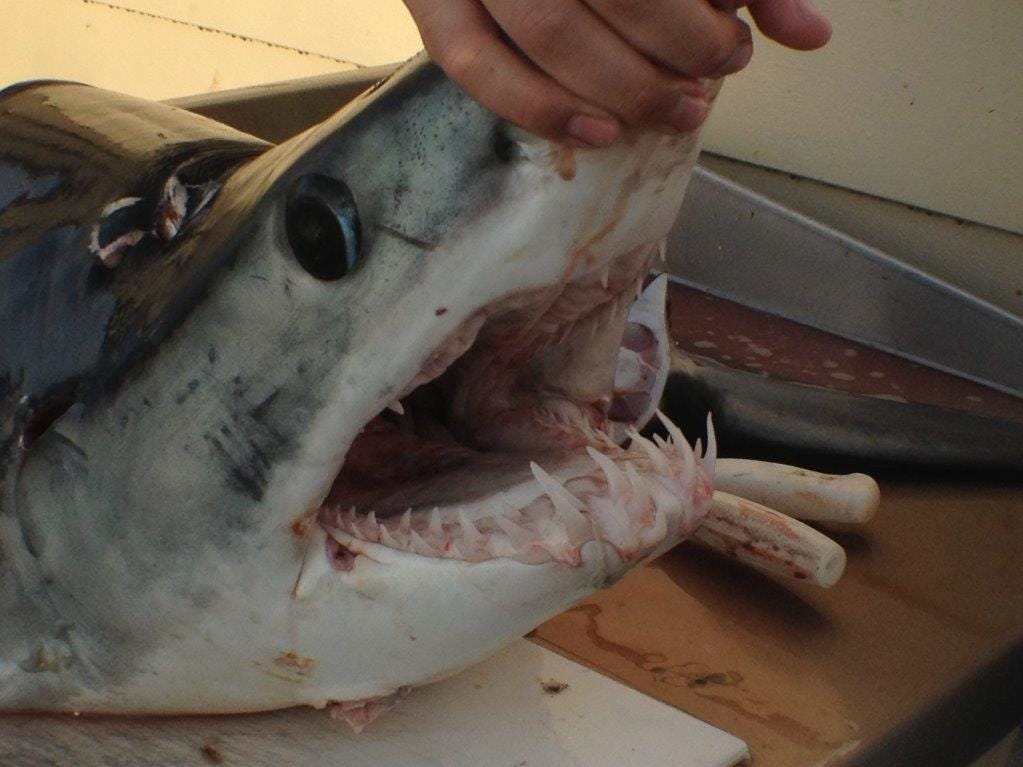 2 of 29
2 of 29 3 of 29
3 of 29 4 of 29
4 of 29 5 of 29
5 of 29 6 of 29
6 of 29 7 of 29
7 of 29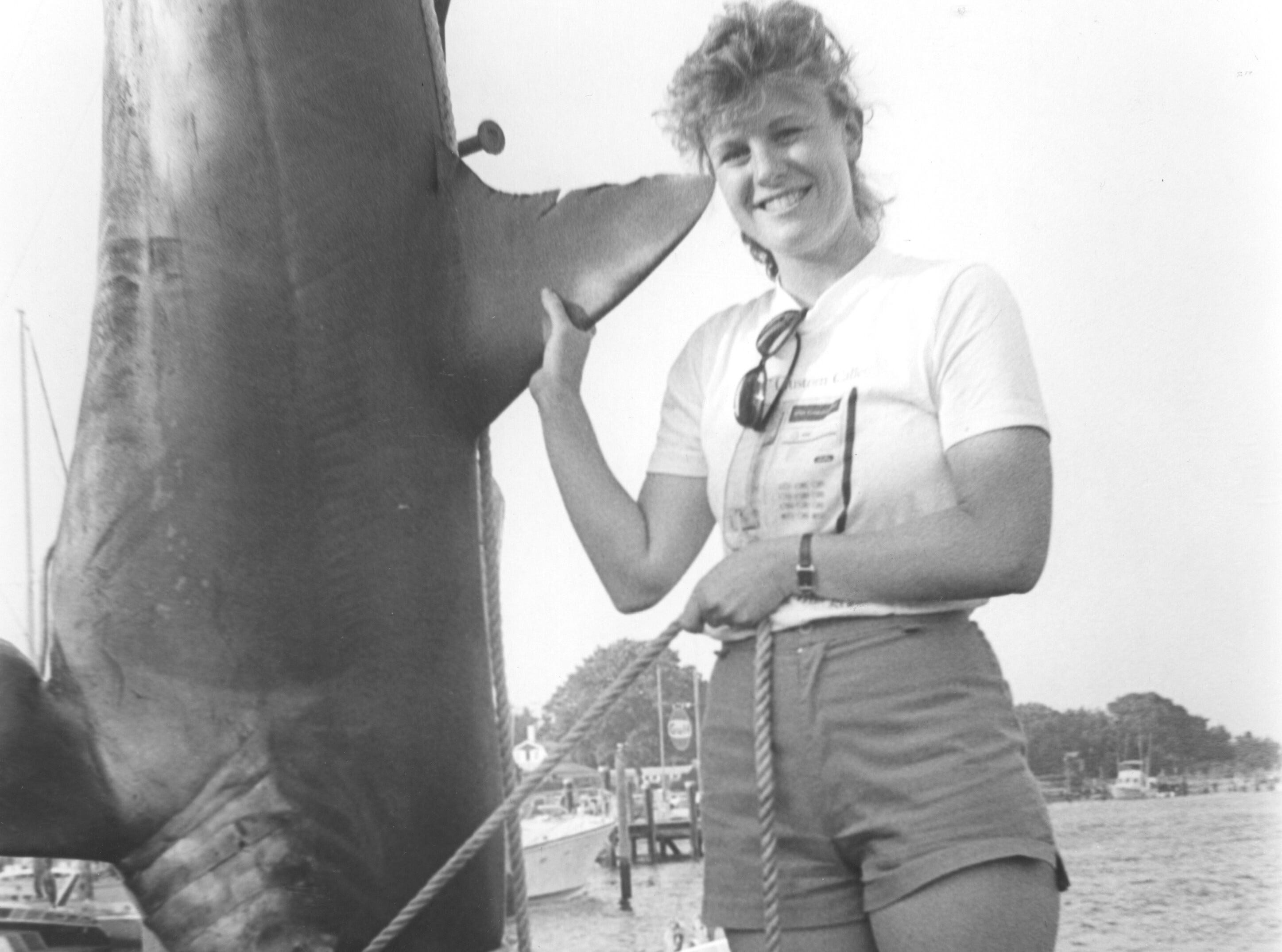 8 of 29
8 of 29 9 of 29
9 of 29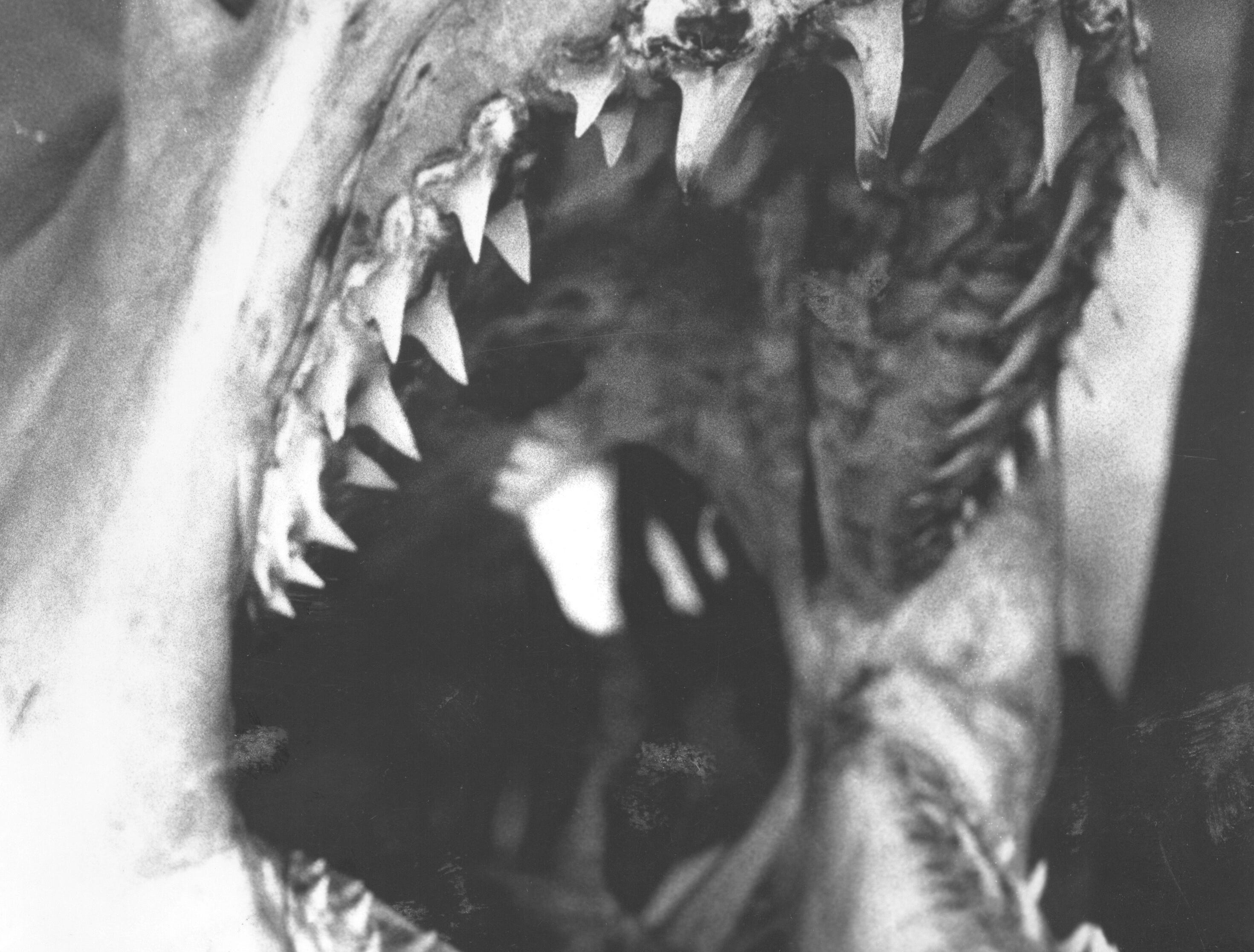 10 of 29
10 of 29 11 of 29
11 of 29 12 of 29
12 of 29 13 of 29
13 of 29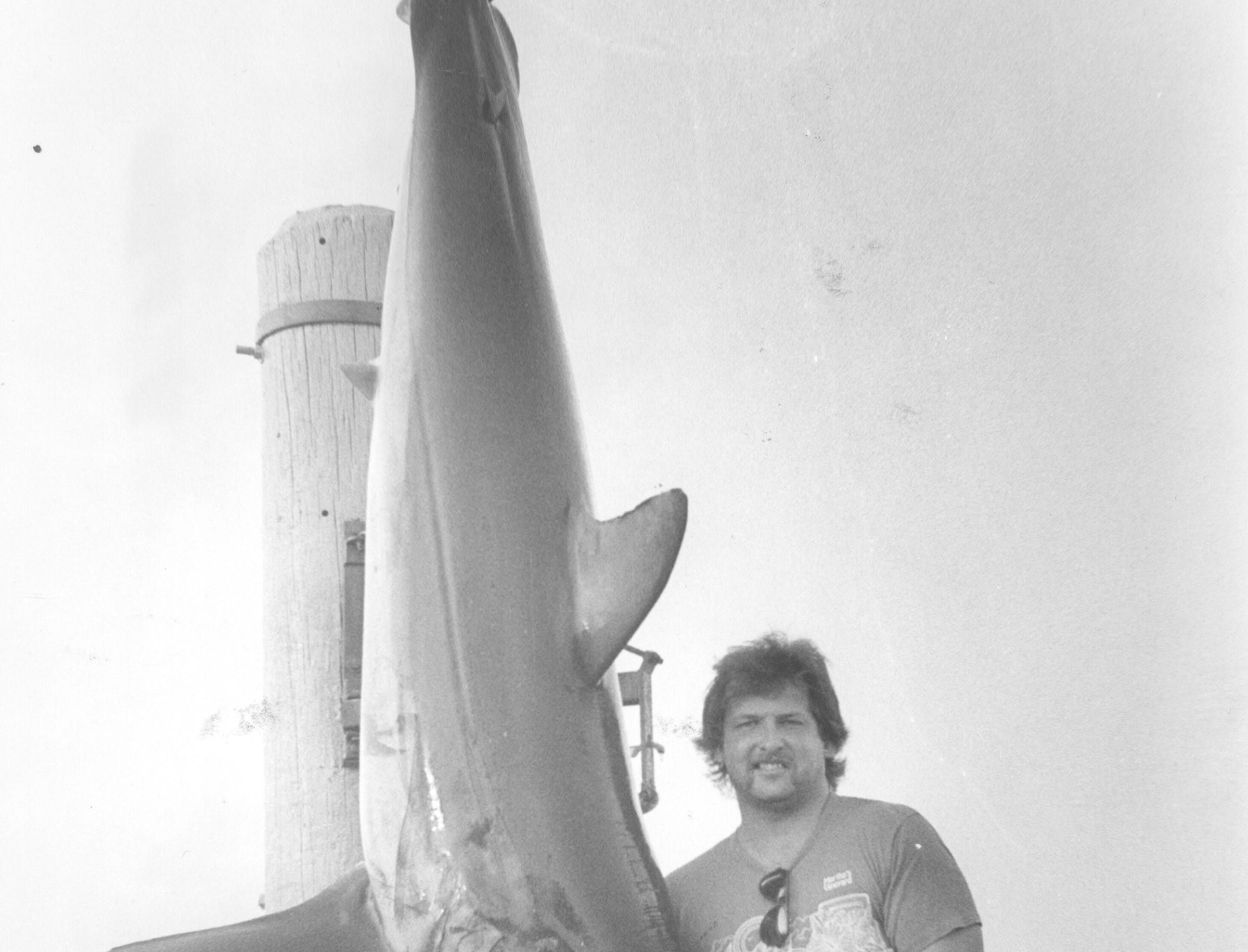 14 of 29
14 of 29 15 of 29
15 of 29 16 of 29
16 of 29 17 of 29
17 of 29 18 of 29
18 of 29 19 of 29
19 of 29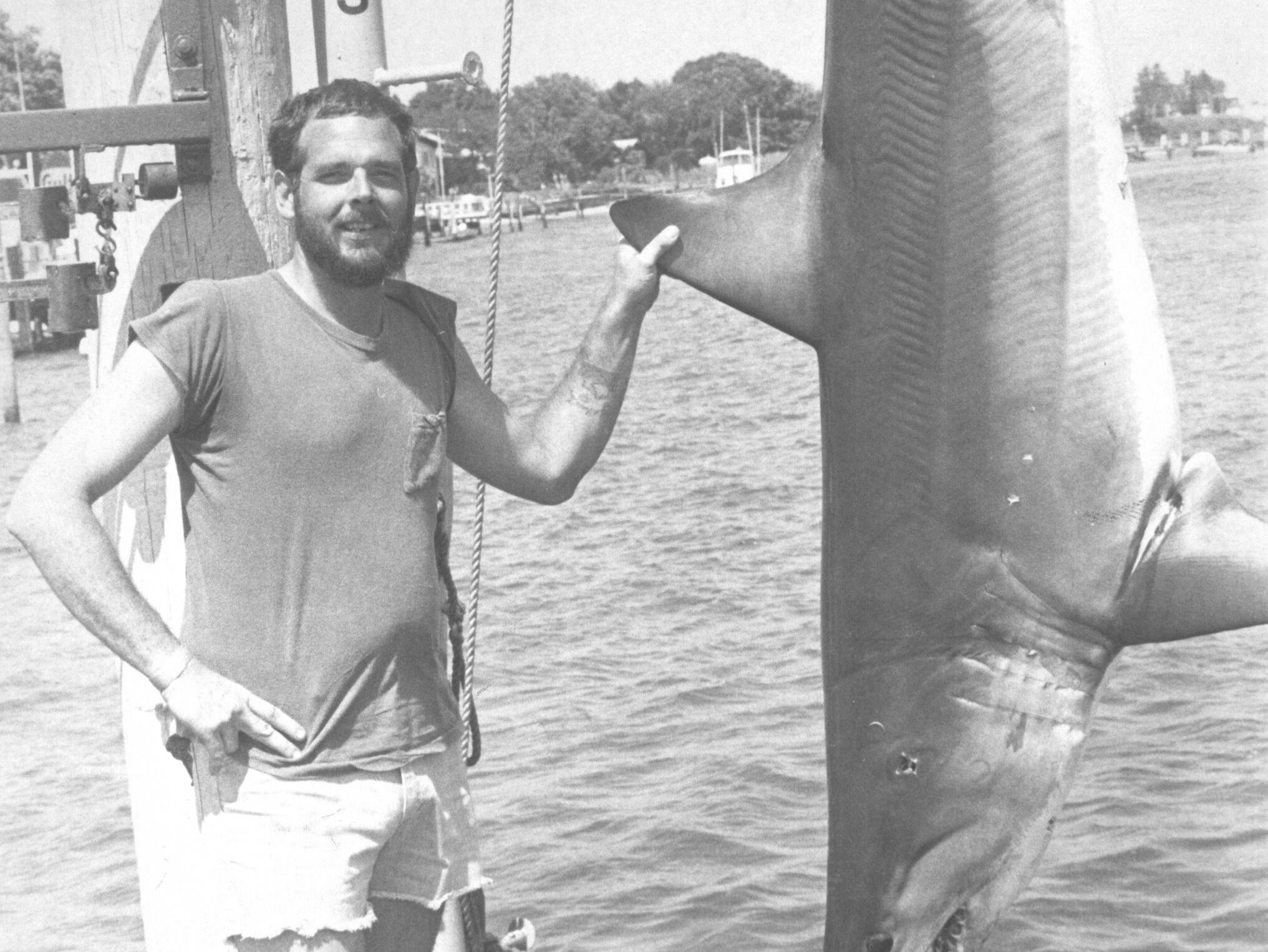 20 of 29
20 of 29 21 of 29
21 of 29 22 of 29
22 of 29 23 of 29
23 of 29 24 of 29
24 of 29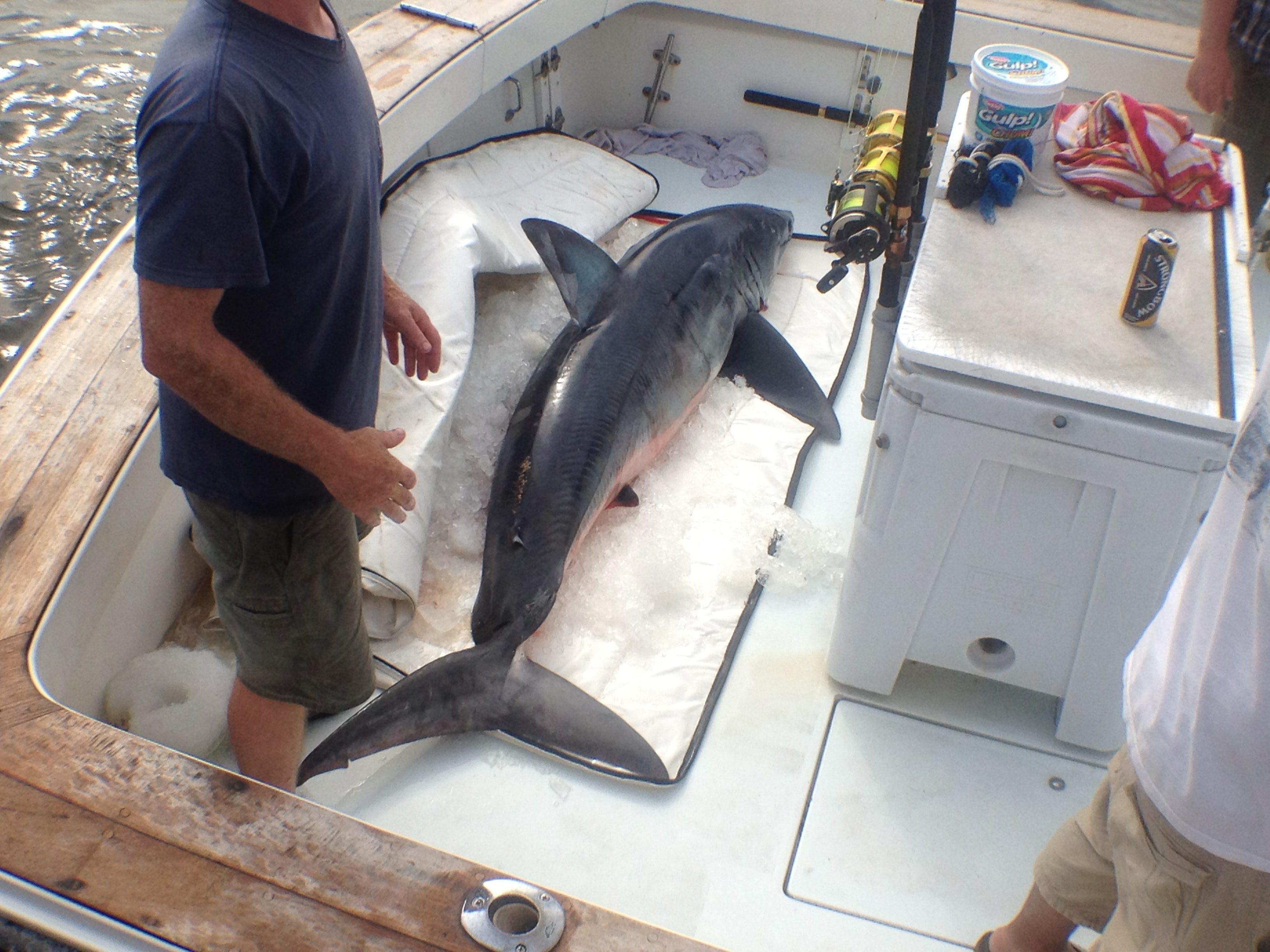 25 of 29
25 of 29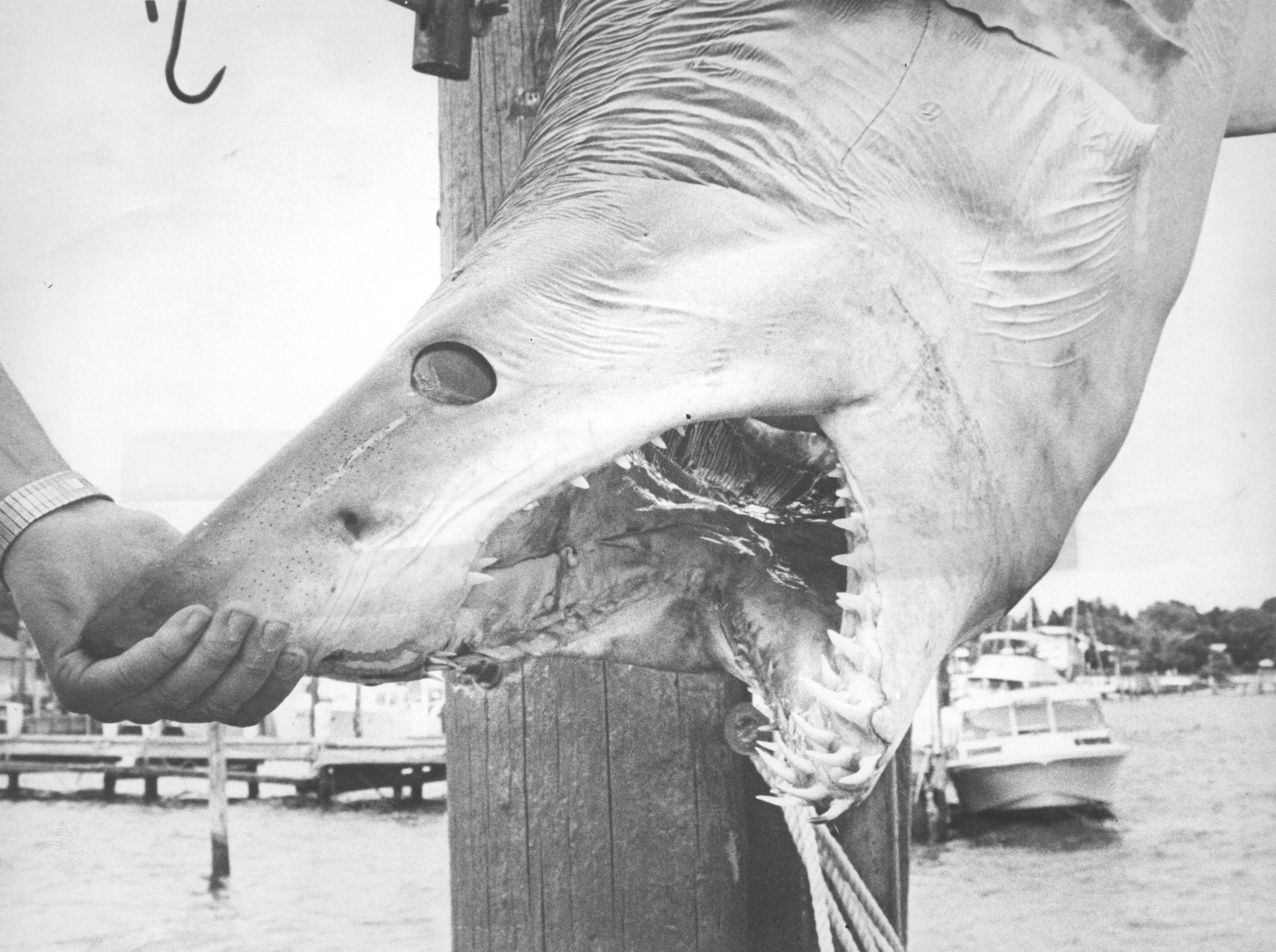 26 of 29
26 of 29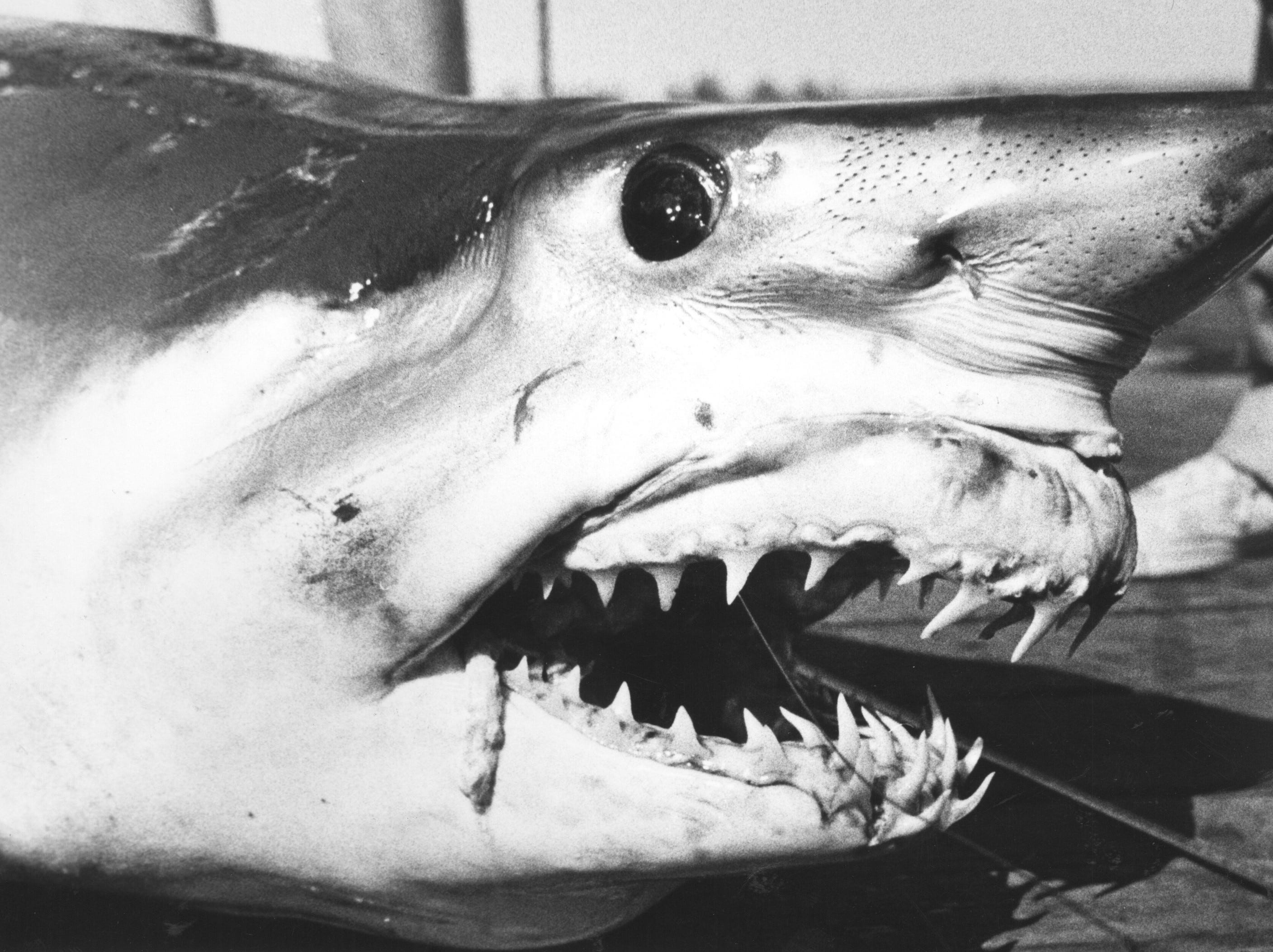 27 of 29
27 of 29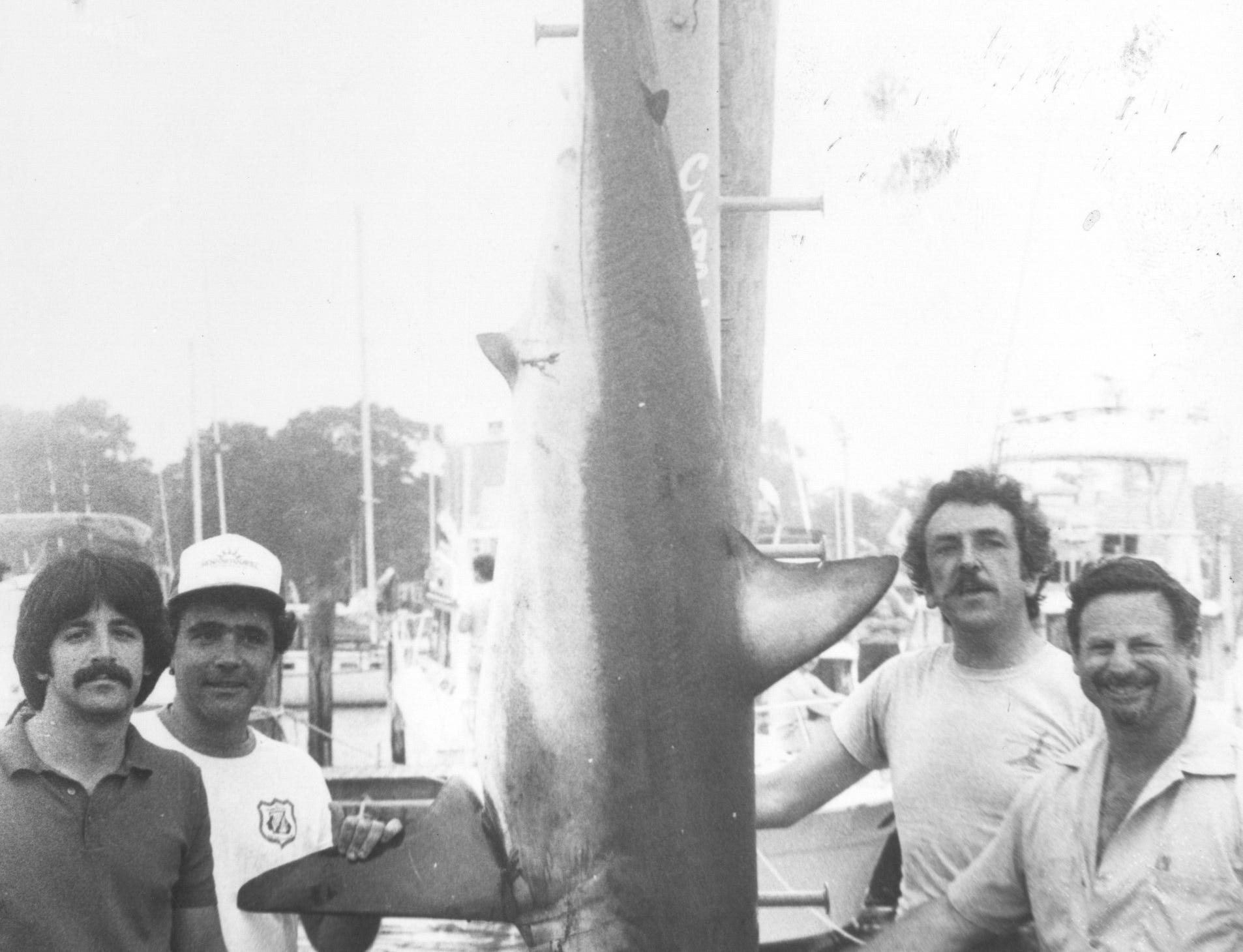 28 of 29
28 of 29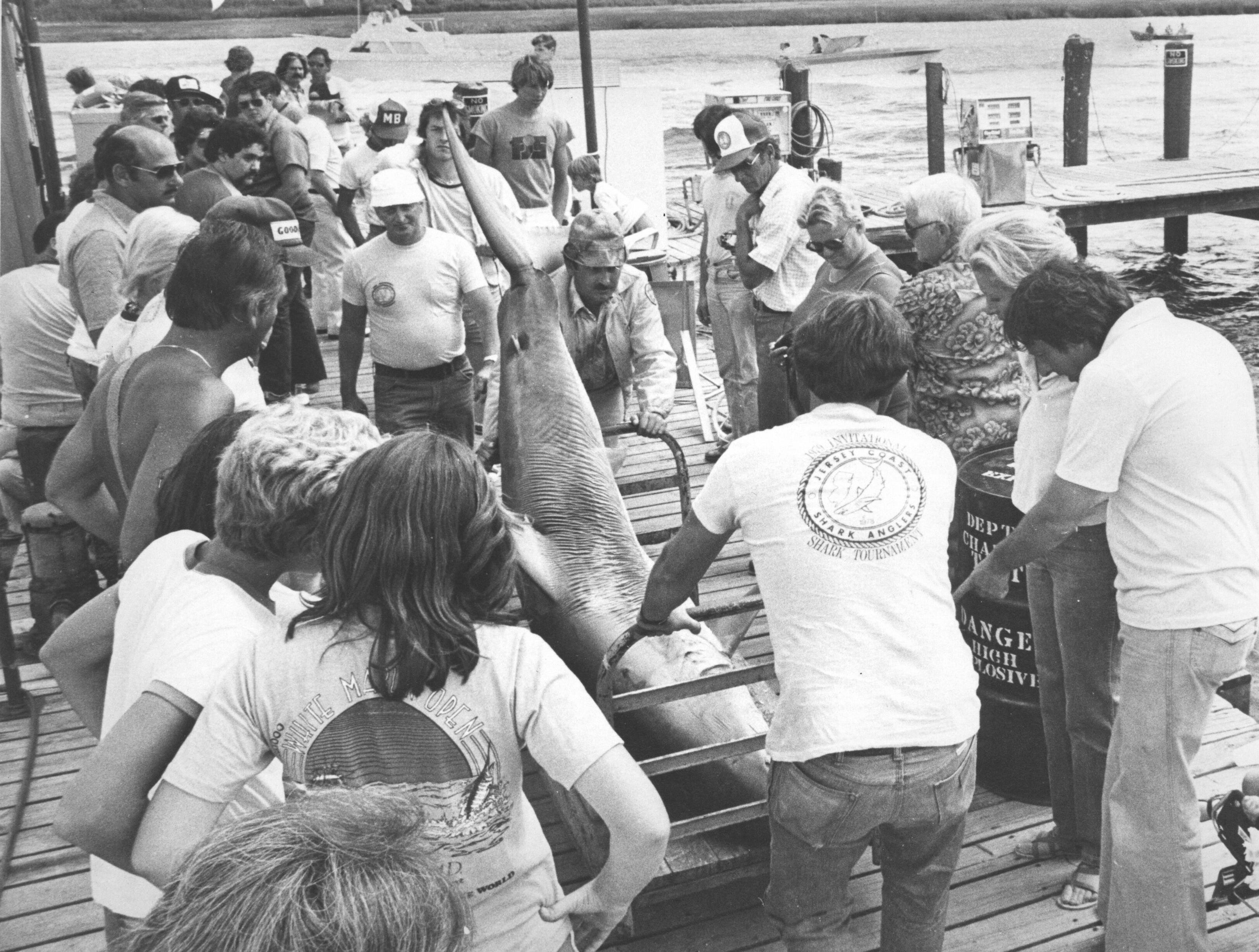 29 of 29
29 of 29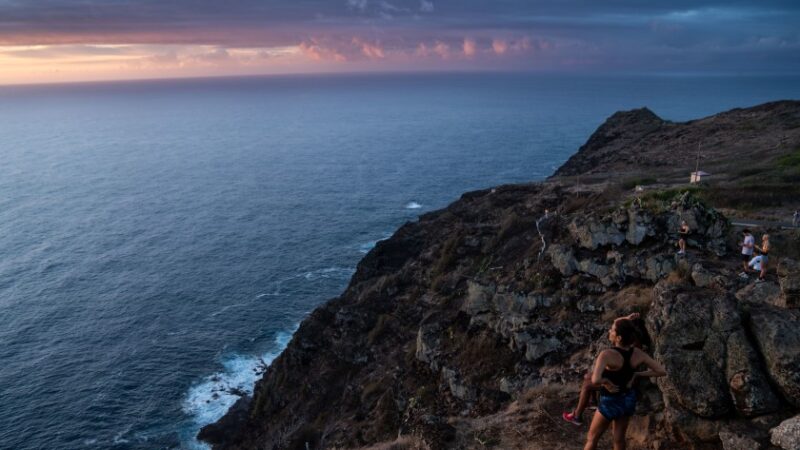
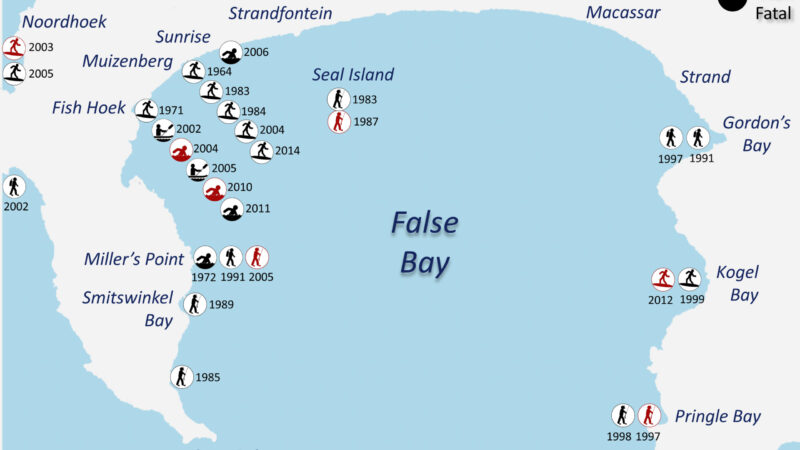
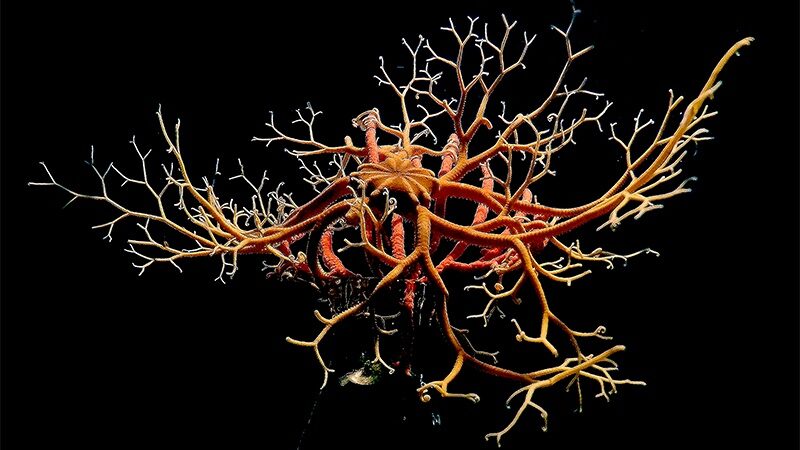
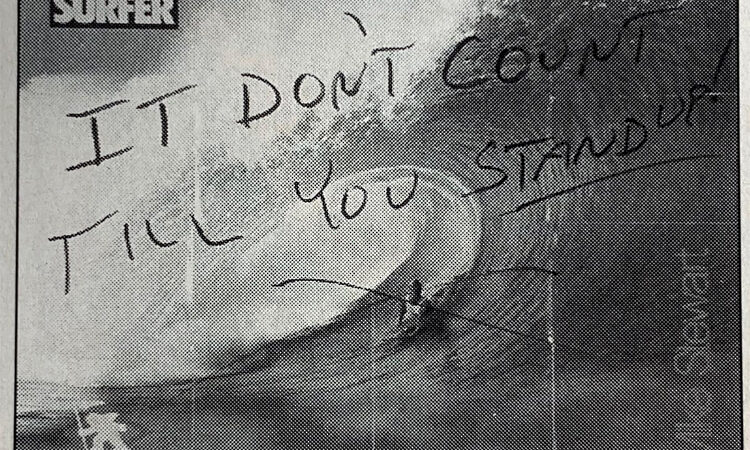
Recent Comments